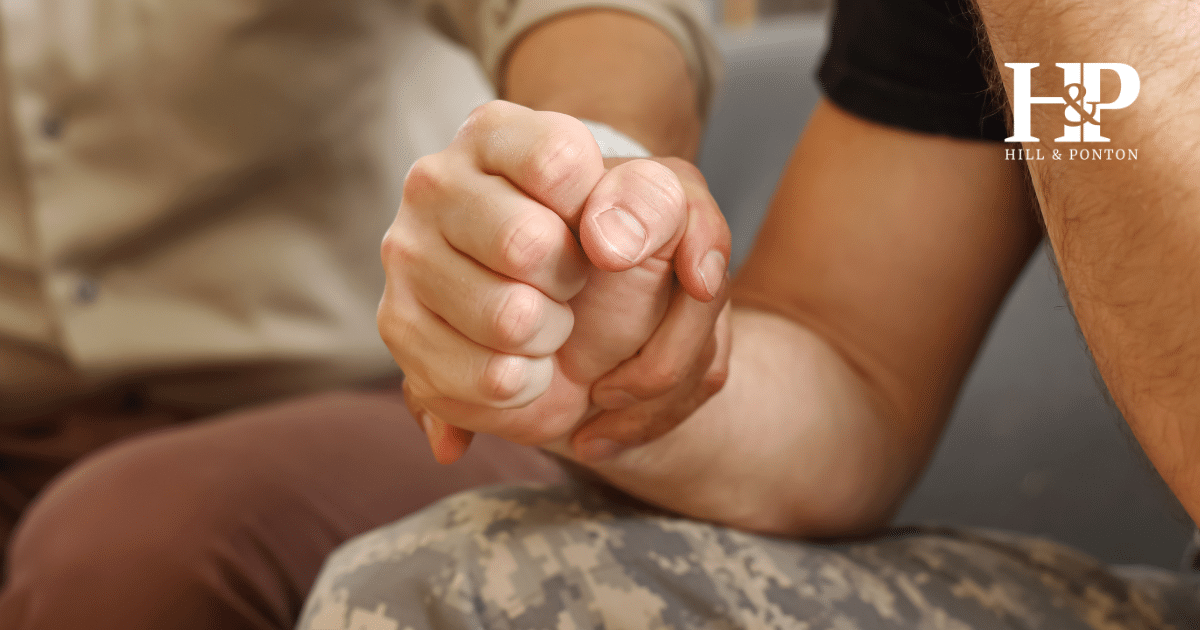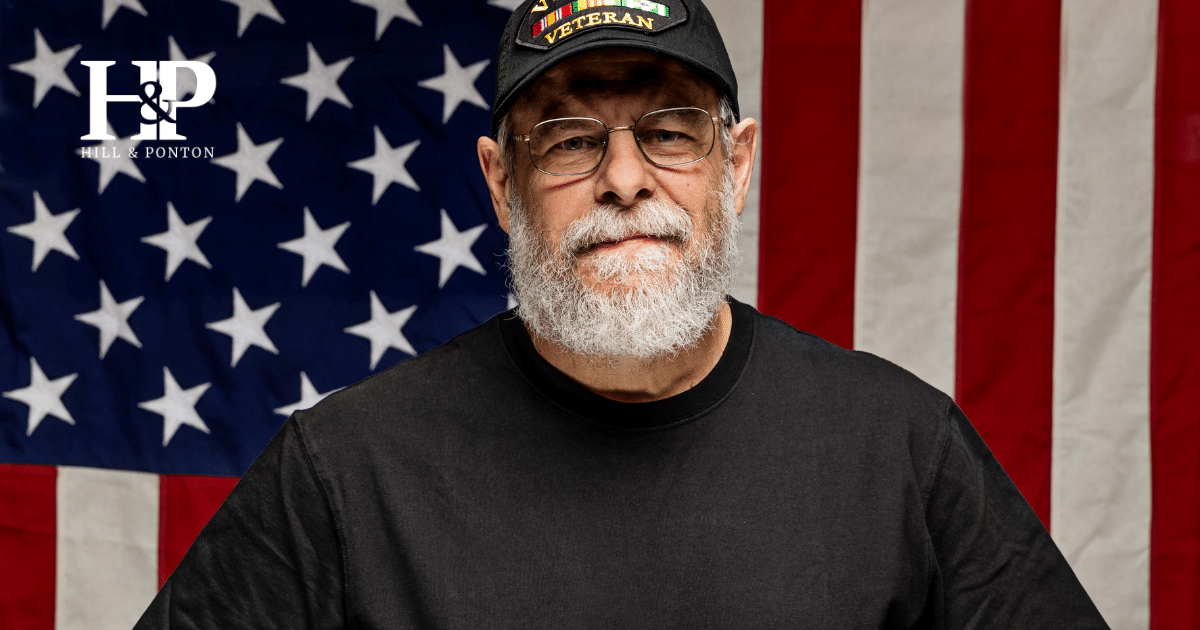For a number of veterans, regardless of the war in which they served, returning home is the beginning of a new fight. After serving their country, and doing what they believed to be the “right thing”, coming home can be very difficult for the veteran and family members alike.
Over the decades the United States has been involved in a number of wars. Depending on the war, veterans returning “home” were treated with either a great deal of respect or treated as criminals. Although I was quite young during the Viet Nam War, I had a brother who was a protester and currently have family and friends who were drafted or “forced” into the military. This was a war opposed by many; however, more recent wars such as those in Iraq and Afghanistan where the veterans were comprised of a volunteer military group, the stories of destruction and tragic death remain. No matter the war – veterans were, and continue to, come home with both physical and psychological issues.
Although our military personnel receive extensive training prior to entering combat, the war-zone experience is extremely taxing on both physical and emotional levels. No training program can adequately prepare them for such experiences that no one, but the veteran, truly understands. Veterans are exposed to a number of situations that can dramatically change them from who they were when they first entered the military to who they were when they returned home…and more importantly, who they have become today. Some of the many stressors include:
- Fear of the impending gloom of serious injury or even death
- The likelihood of having to shoot or even kill another human being
- The impact on the senses of death – sight, sound, and smell – civilian or the enemy
- Physically handling severely injured or dead bodies
- Seeing the devastation of communities that results in homeless refugees
- Having no opportunity to grieve due to the fact that a “job” has to be performed
Even those military personnel who have not been exposed to such trauma as stated above, a number of other factors or daily experiences can impact their return to civilian life. Although the U.S. Government spends a great deal of time and money preparing veterans for transitioning to civilian life, for many, it simply isn’t enough. In fact, many older veterans never received any preparation.
The battle rages on within many veterans; many who continue to live in the past while struggling with home life here. Some of the ramifications of their experiences can be as devastating as being in the “heat of the battle” that ensued. For that reason, a number of veterans will turn to other mechanisms for coping and dealing with the war that rages within. In addition to obvious physical conditions, a few of the other fight or flight reactions resulting from their combat experiences include:
- Difficulty sleeping
- Thoughts of suicide or self-injury
- Alcohol or drug abuse
- Issues with concentration
- Impatience or low tolerance with family, friends, or situations
- Anxiety
- Trust issues
- Anger
So much of the research done today focuses on problems like post-traumatic stress disorder (PTSD) or major depression. Although the above can be symptoms of PTSD, I think it is important to take a wider snapshot of the returning home situation by focusing on the identity conflict faced by soldiers transitioning from war to civilian life.
According to a study conducted at the Center for Healthy Equity Research and Promotion in Philadelphia, one of he authors stated “within our culture, there’s the dichotomy of the valorous hero on one side and the battered, hair-trigger vet on the other.” In fact; however, the true experience for the veteran is seldom at either one of those extremes. Unfortunately, the resulting feelings of veterans are judgment and misunderstanding by others.
For many veterans returning from a physical war to the battle at home is like a new beginning. This starting over period should not be plagued with more conflict for the veteran, but we should be conscious of their needs by providing a more positive environment. From first-hand experience I can honestly say that education is the key. The more the family and friends learn about the difficulties of this transition the veterans face, the easier it will be to engage in a positive dialogue with them. This alone can help (not mend all) veterans with this major challenge of their lives.
So let’s break the taboo and do our part as this will truly be a way to say, “thank you for your service.”



